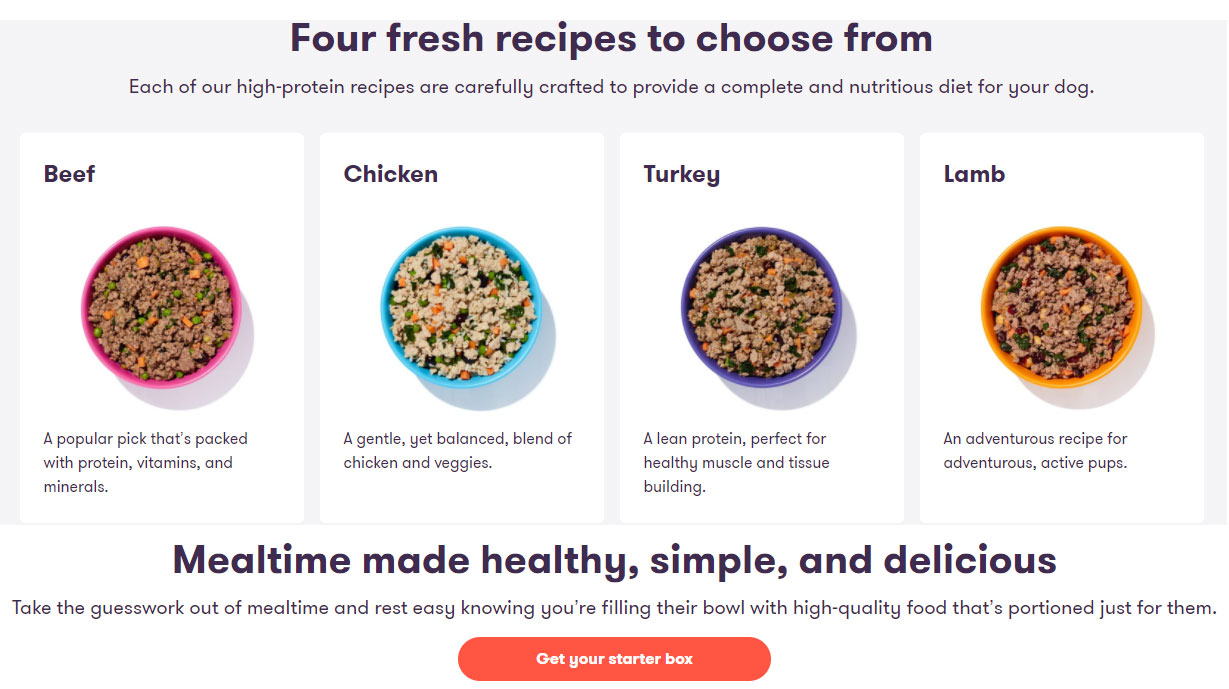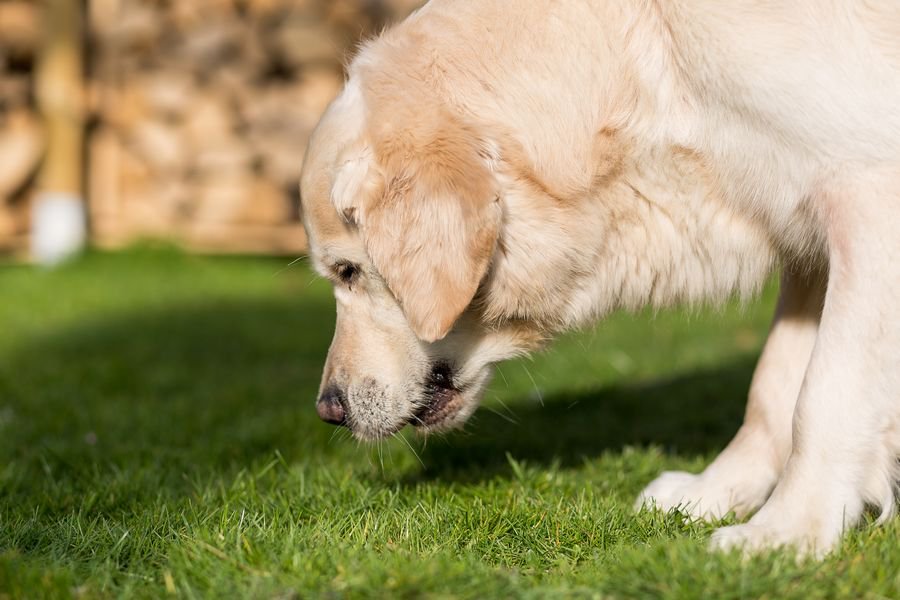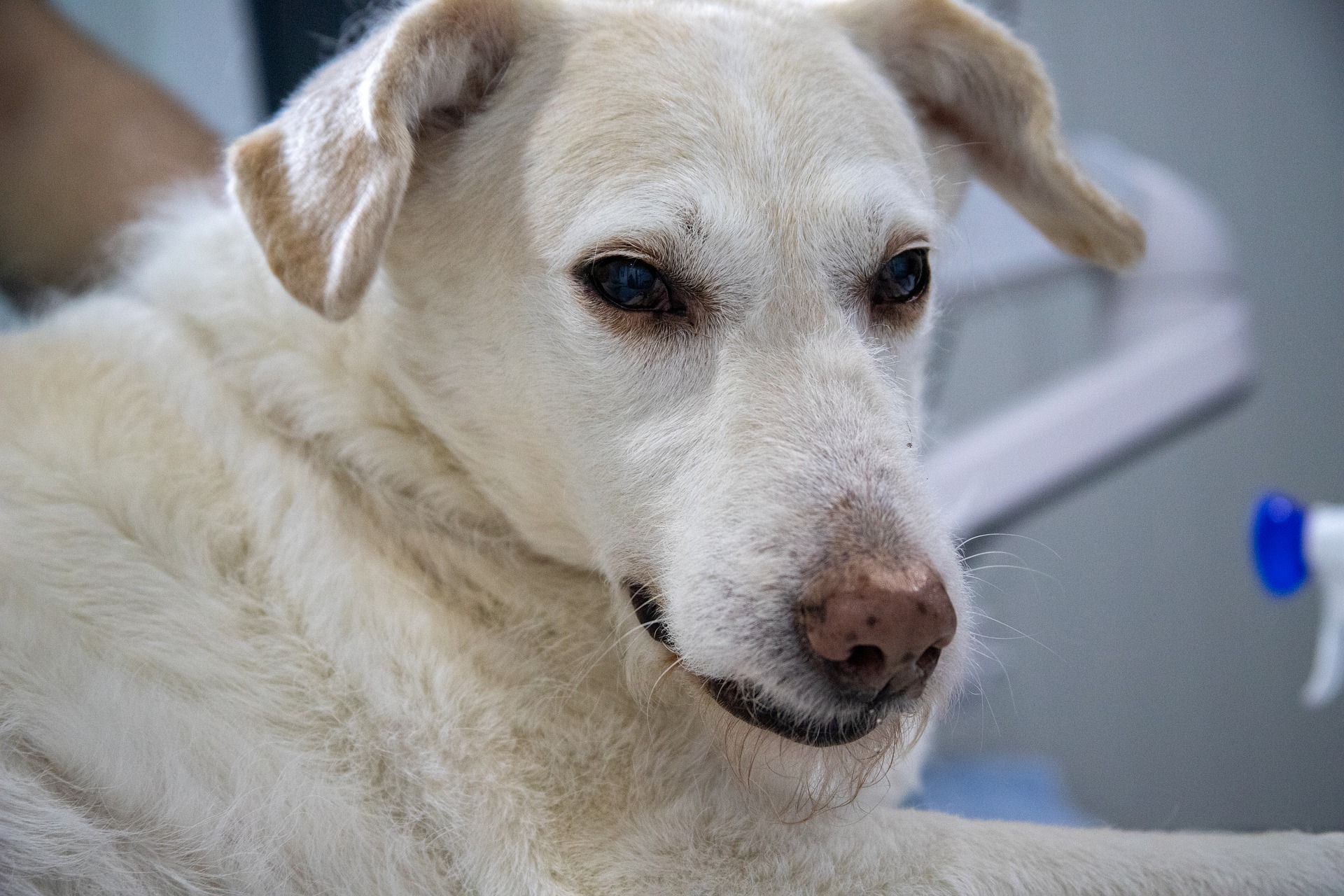My dog vomits white foam
Does your dog suddenly start vomiting foam? This is most often gastric juices, substances that are in his stomach at all times, and which come out on this occasion because your pet has an empty stomach.
There are many causes of frothy vomiting in dogs, and sometimes the froth that is mistaken for stomach juices is something else entirely. To know how to react when your dog vomits foam, here's everything you need to know about its main causes, its consequences on your dog's health and the right behavior to adopt in this situation.
What is frothy vomit in dogs?
When a dog vomits a translucent liquid that makes a nice white foam, it is most often gastric juices. Gastric juices are biological substances that are naturally produced by the dog's body and are essential for the digestion of food. They are a clear, transparent liquid that looks clear but is slightly thicker than water.
Sometimes the gastric juices are tinged with yellow: this is bile, another liquid produced by the dog's body to digest food. When the animal's stomach is empty, it usually vomits foam first and then, if the vomiting does not stop, expels bile.
Although gastric juices are involved in the majority of cases of frothy vomiting, it is important to note that your dog may be suffering from an unrelated condition: poisoning. A dog may simply be vomiting foam that has just been swallowed and is irritating his stomach. This is particularly the case when detergent is ingested (laundry detergent, dishwashing liquid, etc.).
In this case, the foam will often be more abundant than when the animal vomits gastric juice, and it is possible that the vomiting is accompanied by coughing. Indeed, the foam of detergents is very volatile and can easily be inhaled by the dog. This is the greatest risk of ingesting laundry and dishwashing liquids, as these products are not severely toxic, but they can foam in the stomach and invade the lungs, causing asphyxiation.
If your dog is vomiting a lot of foam, don't hesitate to go around your home to check if he has chewed your detergent bottles. If so, or if you have any doubts, don't let your dog drink, as the water may cause the product to foam up in his belly.
Call the Animal Poison Control Center for the most appropriate advice. In most cases, it will be sufficient to monitor your dog and keep him away from his water bowl until he has evacuated the product.

My dog vomits foam, why?
A dog that vomits foam is likely to have an irritated stomach, which causes the reflex to expel the contents of the digestive system to relieve discomfort or pain. Many things can cause gastritis (stomach irritation), and a reliable diagnosis is essential to determine the appropriate course of action.
Foam vomiting and dog food
As with most other digestive disorders in dogs, food is often the number one culprit in our four-legged friends' foamy vomiting. You may suspect that your pet's food bowl is causing him harm if you serve him industrial food, even premium quality food. Kibbles, in particular, are not easily digestible and can quickly irritate your dog's digestive system, both because of the way they are made (extrusion) and because of their dubious ingredients (preservatives, coloring agents, sugar, cereals, etc.).
Skin disorders (redness, peeling, pruritus, pimples, greasy hair, etc.) are typical of food intolerances or allergies. Combined with vomiting, this should make you suspect your dog's bowl. Fortunately, vomiting due to poor nutrition is not serious in itself, and does not require an emergency visit to the veterinarian.
However, it can have a significant impact on a dog's long-term health, and should not be taken lightly. By paying close attention to your dog's nutritional needs and the criteria that distinguish a healthy diet from a poor quality one, you should save many future veterinary visits.
Foam vomiting and dog poisoning
As mentioned earlier in this article, a dog may vomit foam that has nothing to do with gastric juice, and in fact emanates from an inadvertently swallowed detergent. In addition to this particular case, other toxic substances can irritate the stomach, causing frothy vomiting, this time due to the release of gastric juices. Ingestion of spoiled food, toxins, medications, and even inedible items (such as toy parts) can irritate a dog's digestive system. If your dog is on medication, don't hesitate to contact your veterinarian to determine if the medication may be involved. Anti-inflammatory drugs, in particular, are particularly irritating to the stomach.
Foam vomiting and internal parasites in dogs
Worms are often the culprit for digestive ailments in dogs, including vomiting. If your dog has not been dewormed in the last six months, this is a possibility you should consider. Note that if your dog is regularly dewormed, but always with the same product, the parasites may have developed a resistance to the molecules used. A few associated symptoms can give you a clue: an alteration in the quality of the coat, dejection, weight loss or a swollen abdomen are indicative of the presence of worms.
Foam vomiting and dog stress
Dogs are more sensitive to stress than you might think, and stress has a direct impact on their digestive system. Vomiting can occur in response to a traumatic event, but also because of latent anxiety that plagues your dog on a daily basis. This type of disorder requires a close look at canine behavior, and often involves a bit of soul-searching to determine your dog's real needs and to pinpoint those that you are not meeting. Indeed, the dog's stress is usually caused by an anxiety-inducing lack, an unmet need that the owner is not aware of (intellectual stimulation, a private niche to rest in peace, etc.).
Foamy vomiting and diseases of the dog
Various infectious or metabolic diseases can cause gastritis resulting in frothy vomiting. Viruses and bacteria can cause gastroenteritis, which can be more or less severe, and usually results in a wide range of non-specific disorders (fatigue, fever, etc.) and digestive disorders (vomiting and diarrhea). Metabolic disorders, such as pancreatitis, may also cause frothy vomiting. Hepatic insufficiency, intestinal obstruction, pyometra, renal insufficiency, cranial trauma... The list of causes of vomiting in dogs is long. A combination of different symptoms should alert you and lead you to take your pet to a veterinarian.

What should I do if my dog is vomiting foam?
If your dog starts vomiting foam and has no other symptoms, chances are that his diet is the main culprit. In any case, you should make it your mission to find the cause of your dog's frothy vomit before you hope to find a cure, both to prevent the problem from recurring and to avoid missing out on a serious illness.
If your dog shows other symptoms (fatigue, depression, diarrhea, tremors, etc.) or if the vomiting is repeated, it is essential to take him quickly to a veterinarian to make a reliable diagnosis and implement an effective treatment. Note that in case of vomiting due to poisoning or intestinal obstruction, the speed of your dog's treatment will be decisive in his prognosis.
While waiting to visit your veterinarian, make sure your dog is well hydrated and resting. You can also put your dog's stomach to rest for 12 to 24 hours, unless the vomiting occurs after a small diet: your dog may simply have a stomach ache from having an empty stomach and has vomited for this reason.
FAQ
Why does my dog vomit foam?
Many things can cause your dog to vomit foam. Most often, it's due to a poorly adapted diet that irritates the stomach. It is also possible that there is a more serious illness behind this type of vomiting. If your dog is vomiting repeatedly or showing other symptoms, it is highly recommended that you take him to the vet.
My dog is vomiting foam, is it serious?
Finding foam in your dog's vomit is not an indicator of seriousness, it simply means that the animal has an empty stomach and is vomiting gastric juices. In most cases, the cause of this vomiting is not severe, but only a veterinarian can be sure.
Should a dog that is vomiting foam be given water?
It is important to keep a vomiting dog well hydrated. However, the first thing to do is to make sure that he has not ingested laundry or other detergent, in which case the ingestion of water will make things much worse.
Should a dog that is vomiting foam be put on a diet?
It is often recommended that a dog's stomach be rested after vomiting, but in reality, an empty stomach can be irritated by the gastric juices that accumulate there and, inevitably, cause vomiting. If your dog has been vomiting after a long period of fasting, it is quite possible that the vomiting is due to the lack of food.
After a frothy vomit, it may be best to give your dog some highly digestible food, such as cooked chicken breast. Fortunately, a dog that vomits foam is rarely in immediate danger. In most cases, it's the contents of the dog's bowl that are at fault, and switching to a quality diet will definitely solve the problem.
Whether your dog's vomiting is caused by a severe or benign pathology, it is still necessary to make a reliable diagnosis and not leave your pet in this situation. Repeated digestive problems can cause long-term damage, and a health problem, even a minor one, is never harmless: it always reveals an underlying disorder or malaise, which is best left unchecked.

